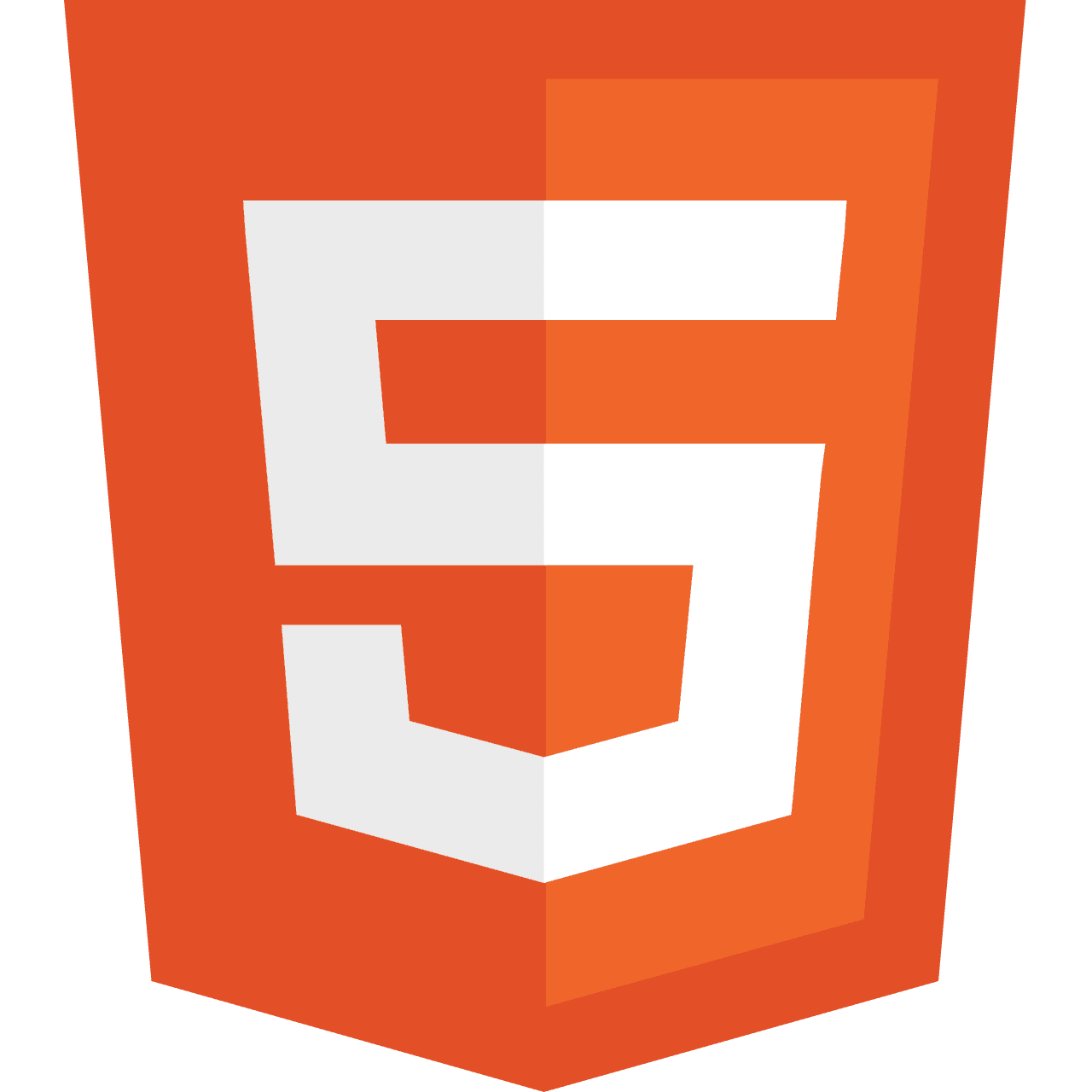Session replay installation
Contents
Session replay enables you to record users navigating through your website or mobile app and play back the individual sessions to watch how real users use your product.
Platforms
Android
Astro
Bubble
Angular
Flutter
Framer
 HTML snippet
HTML snippetiOS
Next.js
Nuxt
React Native
React
Remix
Svelte
Vue
Web
Webflow
Note: Web has the most complete feature support. Mobile platforms have some limitations like wireframe-only mode (unless screenshot mode is enabled) and no keyboard capture. See each platform's page for details.








